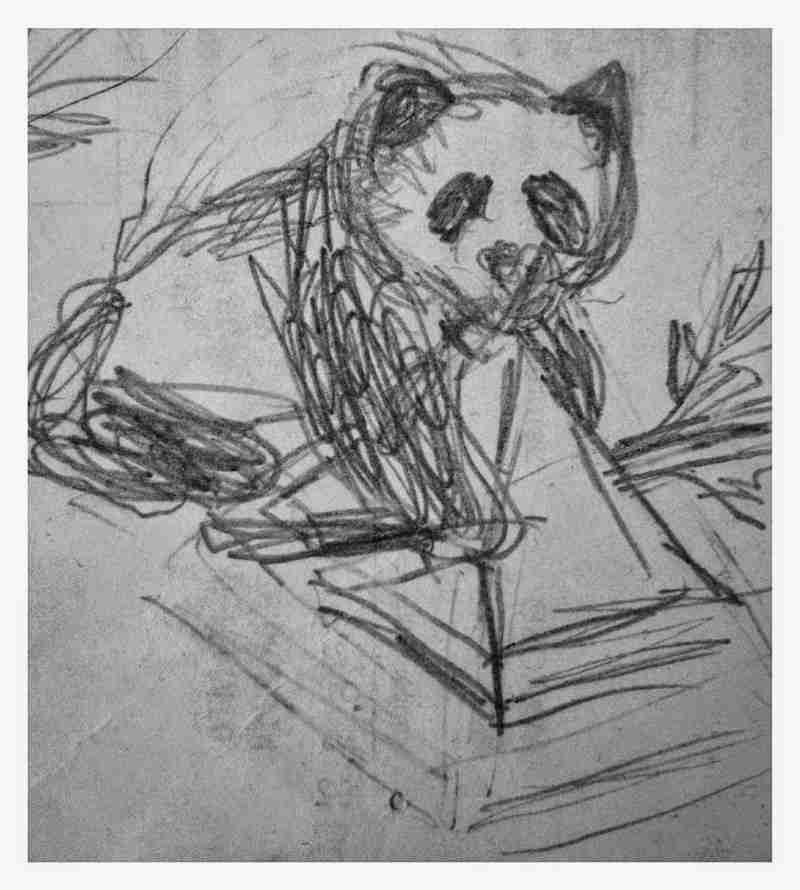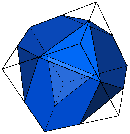
PANDA: Parallel AdjaceNcy Decomposition Algorithm is a brand new software for transforming descriptions of polyhedra and polytopes.
It is largely compatible with the PORTA format.
Publications
Installation
Usage
License information
Download
Archive
Support
Publications
For details on the used algorithms and techniques, please refer to our publication Lörwald, S., Reinelt, G.: PANDA: a Software for Polyhedral Transformation (published in EURO Journal on Computational Optimization, 2015, DOI 10.1007/s13675-015-0040-0).When citing PANDA, please refer to the publication (BibTeX entry) rather than this website.
Installation
PANDA comes with two build systems,CMake and gnumake. See the installation guide for information on how to build PANDA on your computer or cluster.
Running PANDA
There are several options to solve problems with PANDA. Once you created a file according to the input file format specifications, make sure to visit the usage guide as well. This allows you to adjust things like number of threads, order of input and you may provide prior knowledge to PANDA.You may also use PANDA as a library. Using CMake, there will be a file called
libpolypanda.a (or similar) in your build directory. Using gnumake, simply run make library and you'll get the library ./lib/libpolypanda.a.
License Information

PANDA - Parallel AdjaceNcy Decomposition Algorithm by Stefan Lörwald is licensed under a Creative Commons Attribution-NonCommercial 4.0 International License.
Download
You may download PANDA for free under the license mentioned above. Note that usage is at own risk. In general, we cannot give software support.When using PANDA for any publication, please make sure to cite the article mentioned above.
Download latest version (2705159a, 2016-03-07): panda.tar
This release includes: Bug fix for machines without MPI.

